Trustee Foundations
The Rosa Luxemburg Foundation oversees several trustee foundations that pursue their own goals as defined by their respective statues, but are legally represented by the foundation
Max-Lingner-Stiftung
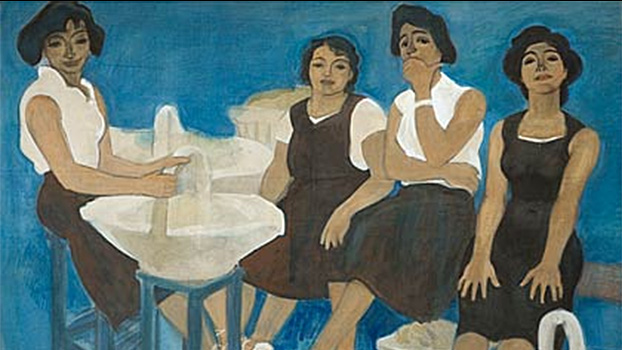
In existence since 2007, the Max-Lingner-Stiftung is dedicated to maintaining, refurbishing, and spreading the works of painter and press artist Max Lingner (1888—1959), and celebrates twentieth-century art shaped by emigration, war, and imprisonment as well as the cultural awakening of the post-war era.
With Max Lingner’s landmark residence and studio in Berlin-Pankow, its entire interior furnishing, and a non-negligible portion of his artistic legacy, the foundation holds outstanding historical artefacts from the culture of East Berlin and the German Democratic Republic after 1945, shaped by emigration and new beginnings.
Hermann-Henselmann-Stiftung
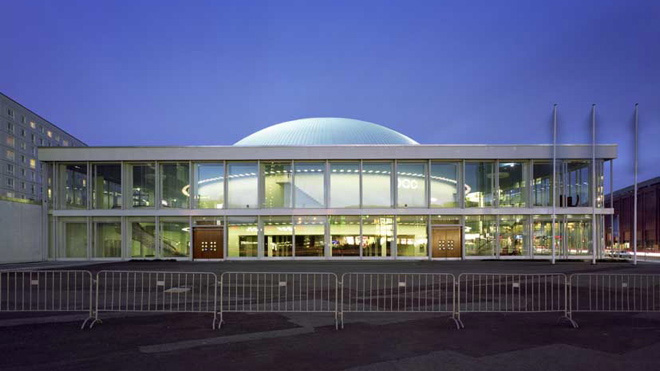
Lawyer Dr. Andreas Henselmann, the son of architect Hermann Henselmann (1905–1995), founded the charitable Hermann-Henselmann-Stiftung in Berlin. The foundation promotes engagement with questions of architecture, urban planning, and social city development. The legally dependent foundation is overseen by the Rosa Luxemburg Foundation and operates independently in line with its statutes.
The foundation organizes an annual Hermann Henselmann colloquium, along with workshops and discussions. Members of the foundation’s bodies regularly take public positions on questions of architecture and urban planning, particularly in Berlin, and work on issues in architectural history.
Erik-Neutsch-Stiftung
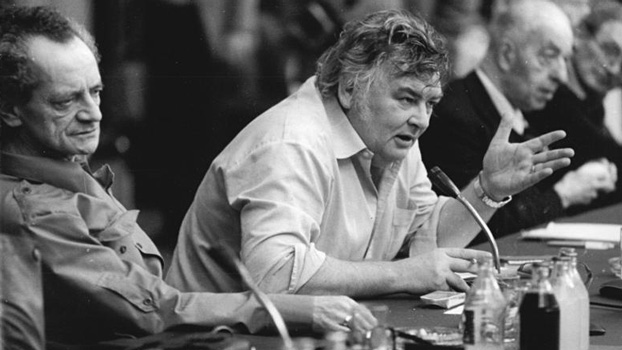
Founded in 2006 in Halle/Salle, the foundation aims to promote political education, science, research, art, and culture, as well as international understanding and cooperation. Literature and art assume a special role in its work. This also includes supporting young literary scholars, authors, and publications. The foundation has given itself the mission of upholding and maintaining of the Neutsch-Editionen in the service of the emancipatory and socialist movement.
Clara-Zetkin-Stiftung
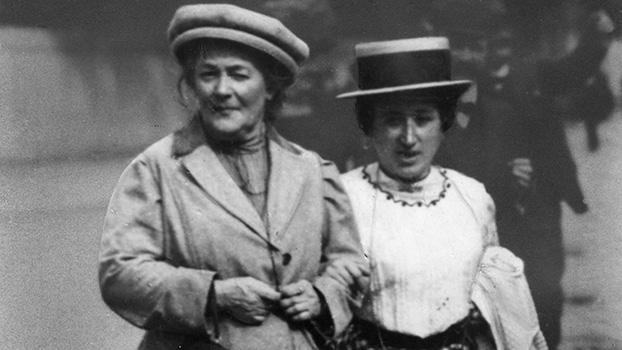
The Clara-Zetkin-Stiftung. Gedächtnis demokratischer Sozialistinnen und Sozialisten was founded on 30 November 2018. The Clara-Zetkin-Stiftung is a dependent foundation under the oversight of the Rosa Luxemburg Foundation. It is a fusion of the hitherto existing Michael-Schumann-Stiftung and the Wolfgang-Abendroth-Studiengemeinschaft. Both of these two foundations were largely active in the field of political education and occupied themselves with German and European contemporary history in the twentieth and twenty-first centuries, as well as the biographies of representatives of the workers’ and trade union movement. These topics will also shape the new foundation’s profile in the future.
Harald-Breuer-Stiftung
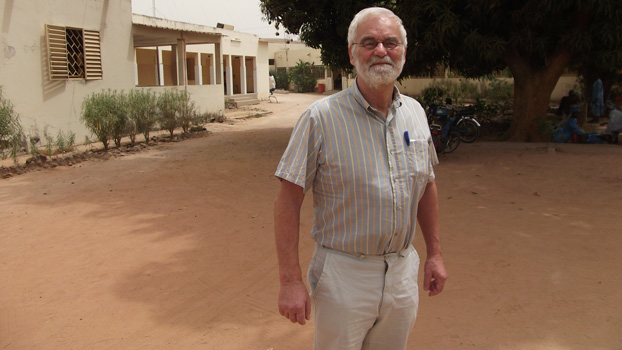
This trustee foundation was established in 2006. Its goals are political education and the promotion of scholarship and research as well as international understanding and cooperation. The foundation is active nationally and internationally.
It places a special emphasis on cooperative development work. This is demonstrated by one of its most important and successful projects, which the Harald-Breuer-Stiftung has realized over many years together with (I)NTACT e.V. It addresses genital mutilation of girls and women in the Kolda region in southern Senegal. Beyond that, the foundation works together with the association Solidaritätsdienst International (SODI) to implement projects in Mozambique improving local education.
Modrow-Stiftung
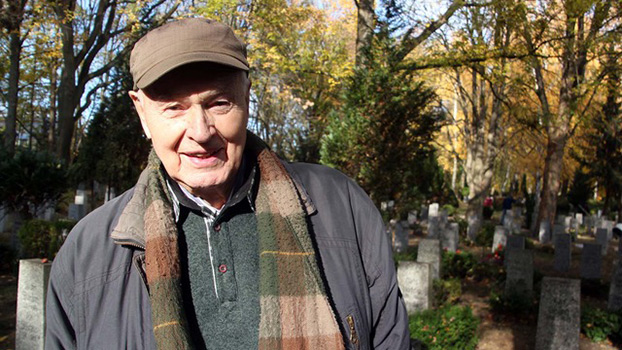
Man can always learn something from the other.
Nikolaus Ludwig Graf von Zinzendorf (1700–1760), founder of the Moravian Church
“On my 90th birthday in January 2018 I also looked back on the many years with my family. My youngest daughter Irina Modrow, a studied historian, died 12 months prior. One could argue passionately about history and politics with her, but also about the simple things in life. For a father, there is nothing worse than mourning the death of a child. Irina had many ideas and dreams, I was not able to share all of them with her. But many of her ideas accompany me today. I am a politician with all my heart and soul. My daughter made me into a person interested in and engaged with history. The consequence is the founding of the Modrow-Stiftung.”